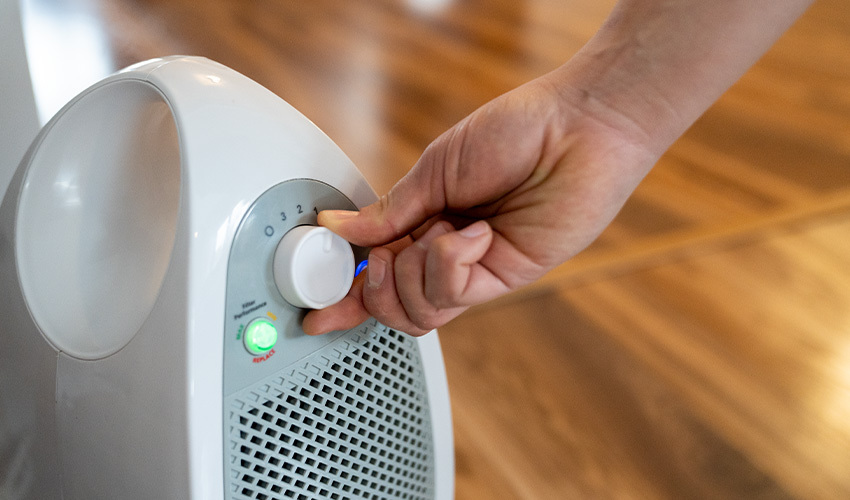Air purifiers have lately become very well-known as basic household appliances aimed toward improved indoor air quality. Understanding the science underlying air purifiers is essential for reaching educated decisions about their use since growing awareness of the chemicals and allergens that can accumulate in our homes calls for knowledge. These devices air purifier advance a healthier living environment by genuinely channeling and cleaning the air we breathe using various technologies.

How Air Purifiers Function?
- Air purifiers are meant to mostly remove airborne particles and contaminants from the air. Usually combining filtering techniques, they target many types of toxins, including dust, pet dander, smoke, and unstable natural combinations (VOCs). The most often used types of channels in air purifiers are:
- The best quality level for air filtration is the High-Proficiency Particulate Air (HEPA) channel. Using 99.97% accuracy, they can catch particles as small as 0.3 microns. This suggests that HEPA channels are quite effective in removing from the air allergens, dust mites, and other microscopic particles.
- Actuated carbon channels are meant to absorb VOCs, among other smells and harmful gases. Initiated carbon has a large surface area that allows it to collect and eliminate smells, thereby following a well-known choice for further improvement of indoor air quality.
- Some air cleaners combine strong (UV) light to eliminate diseases and bacteria in the air. The UV light affects the DNA of these microbes, therefore rendering them inactive and preventing the spread of diseases.
- Lonizers operate by sending negatively charged particles into the air, which attach to strongly charged particles and gather to become heavy enough to fall to the ground or be captured by channels. Although practical ionizers may produce ozone, which can be dangerous in high doses.
Advantages of air purifier usage
For those with sensitivity, asthma, or respiratory problems in particular, using air purifiers has some advantages. Reducing airborne allergens and contaminants helps air purifier help with lightening symptoms such as sniffling, coughing, and aggravation. Moreover, these devices can help to improve overall indoor air quality, therefore improving the place that you live in.
Air purifiers are great allies in the endeavor for the betterment of the environment. They genuinely remove numerous airborne foreign compounds by using advanced filtration technologies like HEPA channels, carbon, UV light, and ionization. Knowing the science underlying the operation of air purifiers can help you choose the correct device for your house, enabling a better living environment for yourself and your family. Investing money in an air purifier is not just a luxury but also a proactive step towards safeguarding your health and wealth.










+ There are no comments
Add yours